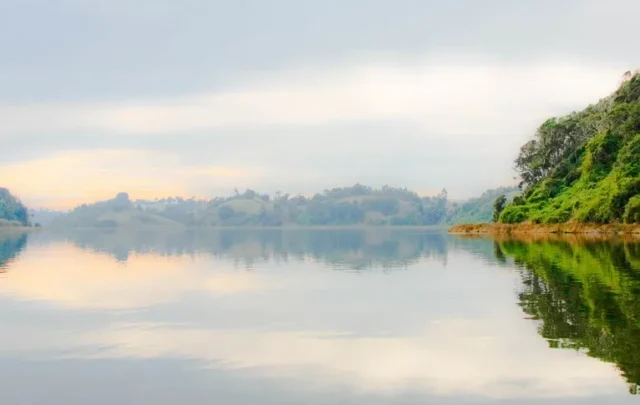My dedication to Indigenous-led environmental restoration and cultural preservation runs deep. Despite not considering myself Indigenous (but rather, a mestiza — mixed European and Indigenous ancestry, and who else how many more), as I did not grow up within an Indigenous community or territory nor did I have an Indigenous upbringing, I do have Indigenous ancestry linked to today´s borderlands of southern Texas and Northern Mexico, through my father (lineage Anzaldua). Through my mother, I maintain connections to family farmlands in Paraguay and link to the campesino culture with the environment. I was also fortunate that my upbringing, which involved living in various cultural contexts of the global South, including Central and South America (Peru and El Salvador) and Southern Africa (South Africa and Mozambique), has exposed me to Indigenous and village cultures, languages, and their relationship with their lands and history. It is no surprise, then, that Indigenous issues emerged as pivotal focal points in my quest for creating solutions. It was when I moved to southern Chile, Mapuche ancestral lands in 2013, that I immersed myself in Mapuche community knowledge, ways of being, and decision-making processes. I discovered a sense of purpose in becoming a long-time ally-researcher and co-designer alongside Mapuche communities.
Archiving Ancestral Knowledge to Co-Create New Economic Paradigms
Reclaming archiving is not just about organizing the past but unlocking potential for new knowledge and endless possibilities beyond colonial modalities of control.
October 17, 2024


